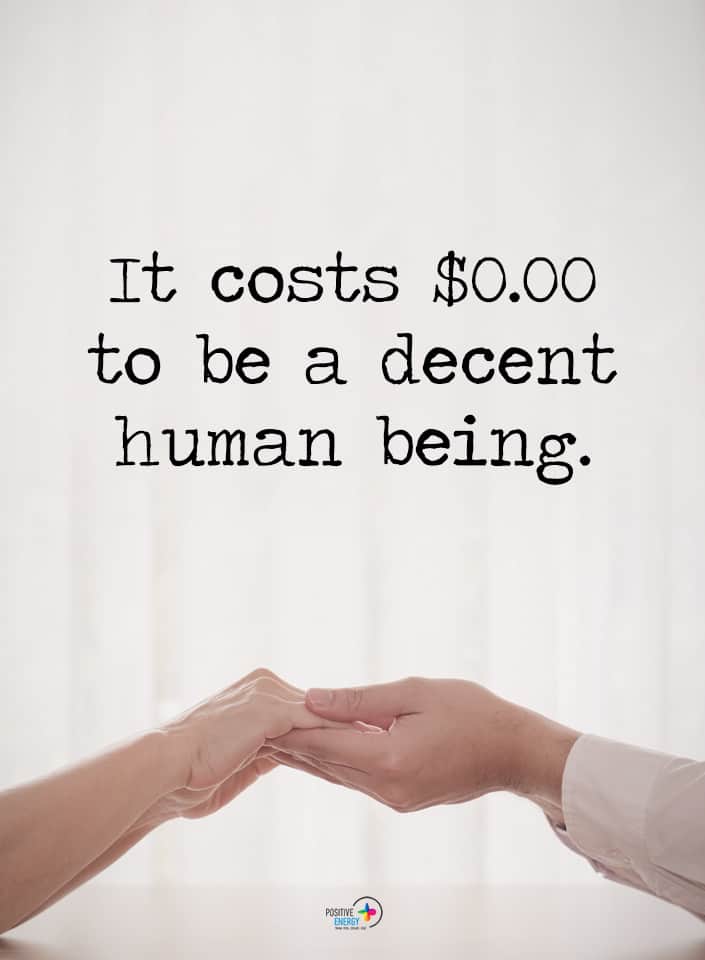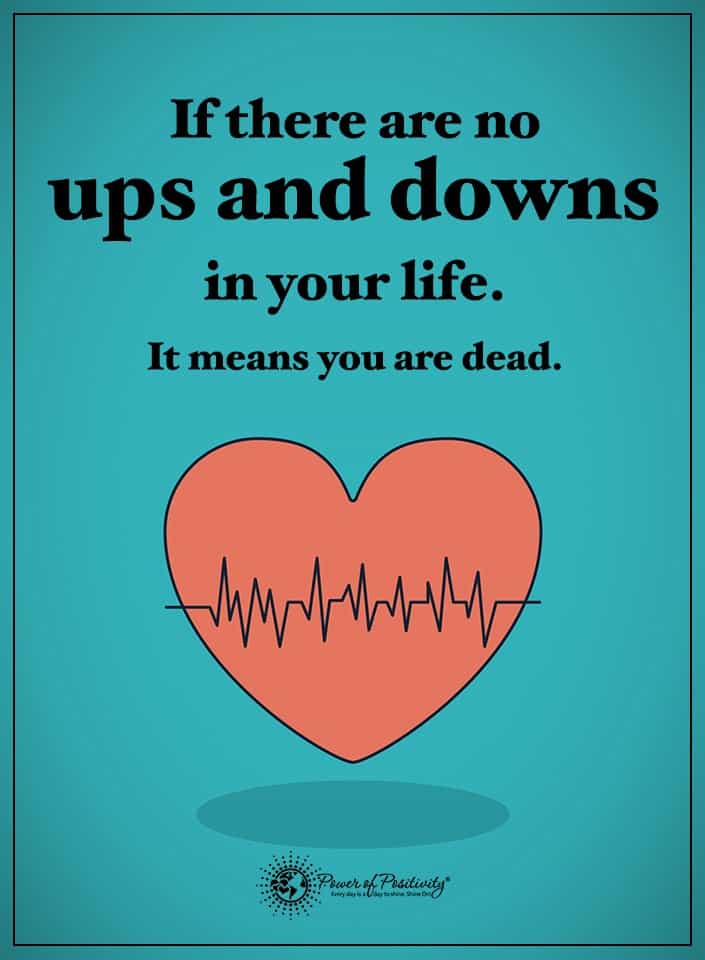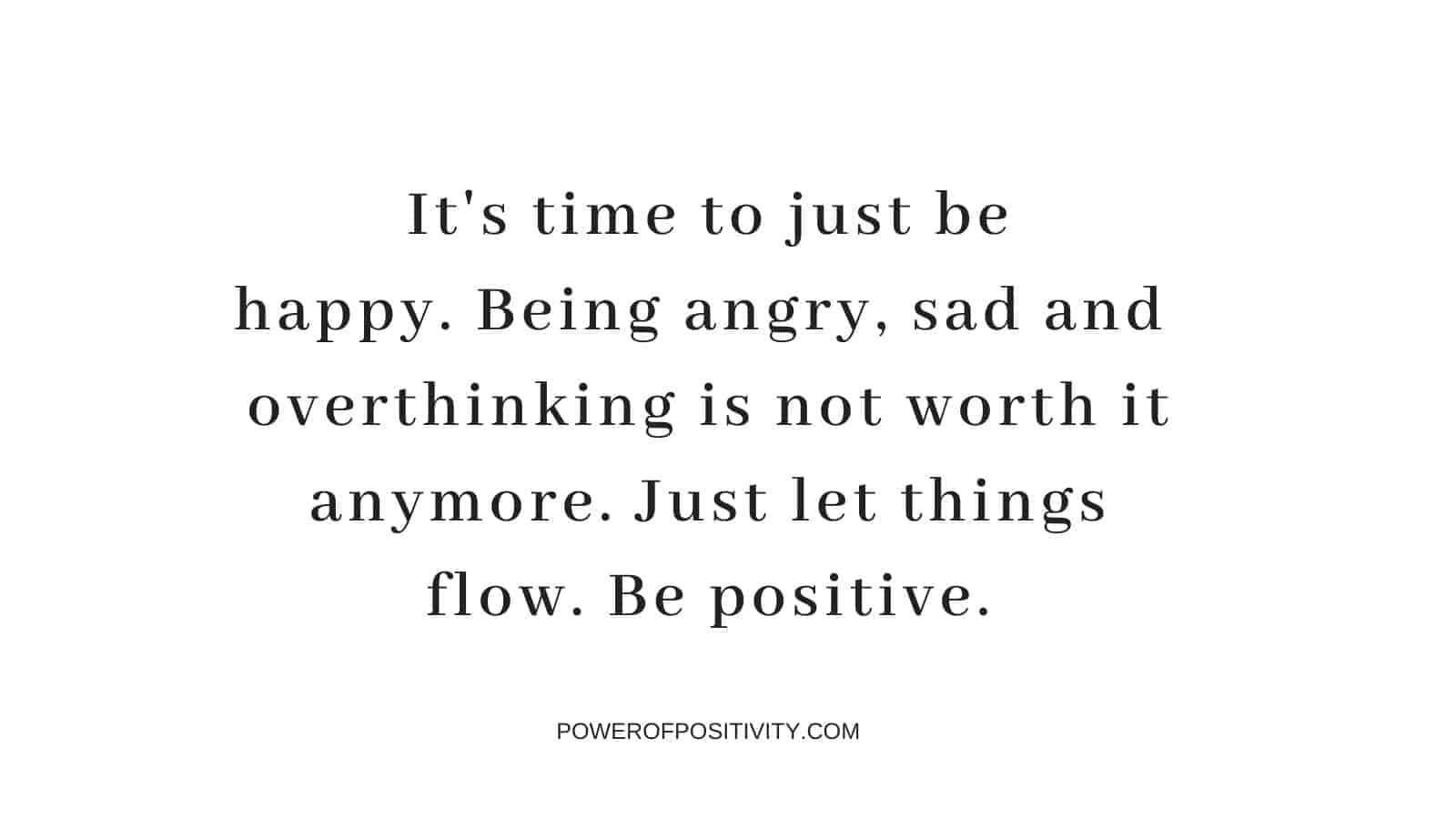The most important thing is to enjoy life – to be happy – it’s all that matters. – Audrey Hepburn
In just the last 50 years, our lives have drastically changed. We’re constantly on the go – always connected and at the behest of what society “wants” from us. Today, we’re often required to put in more hours at work for less pay. These efforts, in effect, are taking time away from our families and things that we enjoy.
As fallible human beings, none of us are entirely innocent. Many of us have placed too much importance on money and possessions and too little on family and relationships. We’ve sacrificed our health, self-image, relationships, and even our values and beliefs, for security and prosperity.
So, it begs the question: What are the most important things in life?
Think about this for a second.
Is work? Is school? Money? Cars? Possessions?
By the way, it’s okay if these things are important to some degree. But we should ask ourselves if we consider them among the most essential things in our lives OR if we’re substituting them for something else.
That “something else” for which we may be substituting could be love, happiness, joy, self-fulfillment, self-confidence, and health, among other things.
Regardless of how each of us answers the above question, we’d be wise to examine how we spend our time and expend our effort. The reason is this: we may say or even truly believe something or someone is the most important, but if we’re not investing our time and efforts in that, it doesn’t make a difference.
Here are four things we should never forget in this lifetime:
Related article: This Is The Most Important Question You’ll Ever Ask Yourself…
1. Health should be our top priority
“It is health that is real wealth and not pieces of gold and silver.” – Mahatma Gandhi
Being healthy in mind and body is the only way to live a fulfilling life. It is important to note the difference between a disability/sickness and health, as those with a disability or chronic illness generally learn to accept their condition and can go on to do great things. However, making poor decisions in treating our only mind and body is a recipe for unhappiness.
Quite simply, nothing else that we think of as important matters if our health is poor. The quality, fulfillment, and even longevity of life are adversely affected if we neglect to take care of ourselves first. Elaborating on the last point, it is impossible to truly care for someone else if we don’t first care for ourselves.
2. Relationships are what truly matters
“We’ve got this gift of love, but love is like a precious plant. You can’t just accept it and leave it in the cupboard or think it’s going to get on by itself. You’ve got to keep watering it. You’ve got to really look after it and nurture it.” – John Lennon
This quote by Lennon on relationships is long but couldn’t be more correct. The truth is that we all love and are loved in return. The problem with most relationships is that they’re not tended to or “nurtured” as the great singer puts it.
Tragically, many relationships wither away like a plant because of neglect. Parent/child relationships have ended because of neglect; couples divorce because of it; close friends separate.
Let us nurture our precious relationships and not set them aside.
3. A positive self-image is paramount
“It’s not what you say out of your mouth that determines your life, it’s what you whisper to yourself that has the most power!” – Robert T. Kiyosaki
Without a positive self-image, we care too much about what others think and are constantly comparing ourselves. Other people’s opinions about you carry more weight than what you think about you.
When we have a positive self-image, the aforementioned inner conflicts fall by the wayside. We have courage, confidence, resilience and, most importantly, peace. As with health, it is very difficult to carve out our life’s path without a positive self-image.
It may sound cliché, but bears repeating: we all have faults. Picture the most “well-rounded” and “put together” person. Odds are that they have issues despite of this conceptualization. A positive self-image isn’t about liking everything about ourselves, it’s about accepting these things while we remain willing to change them.
4. We shouldn’t forget our dreams, values or purpose
“If today were the last day of my life, would I do what I’m about to do today?” – Steve Jobs
Another cliché that bears repeating: life is short. That’s it. Life is short. Far too short to navigate a path that doesn’t align with our dreams, values or purpose.
As with so many other important aspects of life, these things are often (subconsciously, perhaps) disregarded or substituted for something else that matters far less. It’s difficult to continually strive for our dreams and hopes in a society that strives to define success for us.
Here’s the thing: it’s NOT society’s place to define success, it’s ours. Again, life is short, and as so eloquently put by Mr. Jobs:
“Death is very likely the single best invention of life. It is life’s change agent.”
Do you need to change something?









